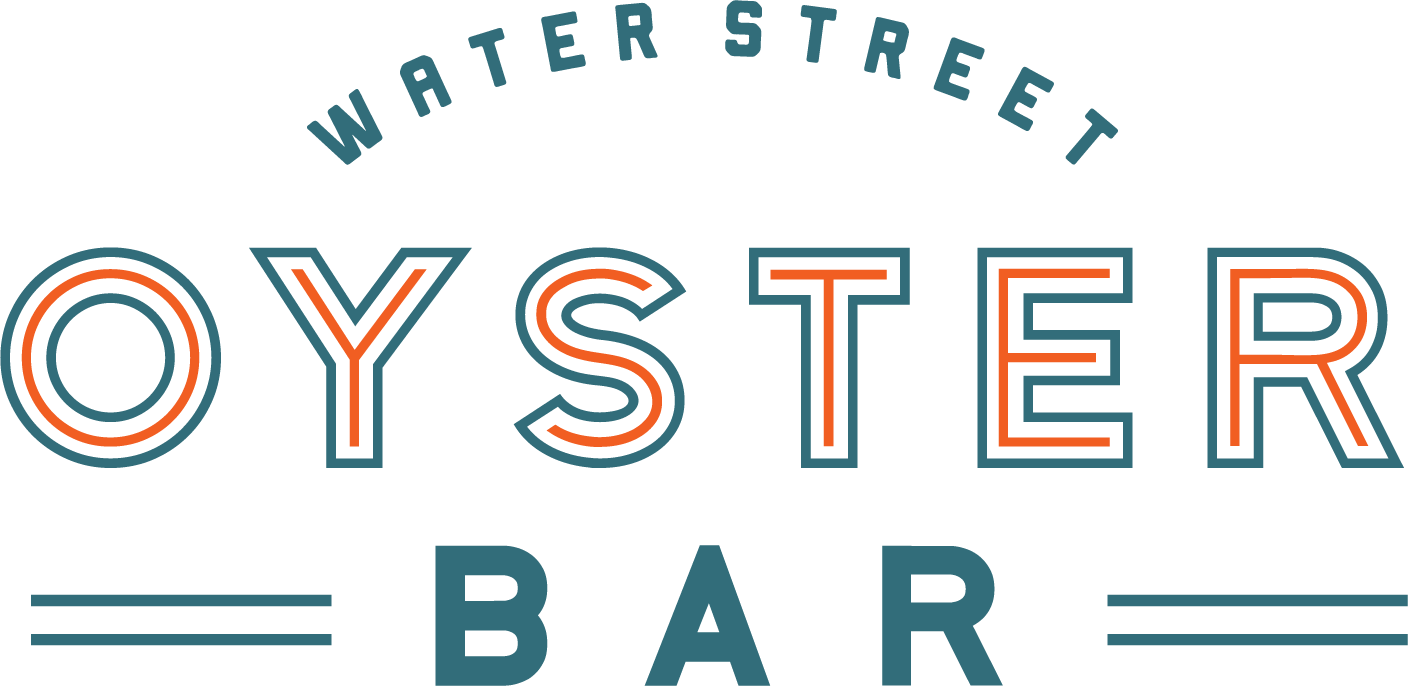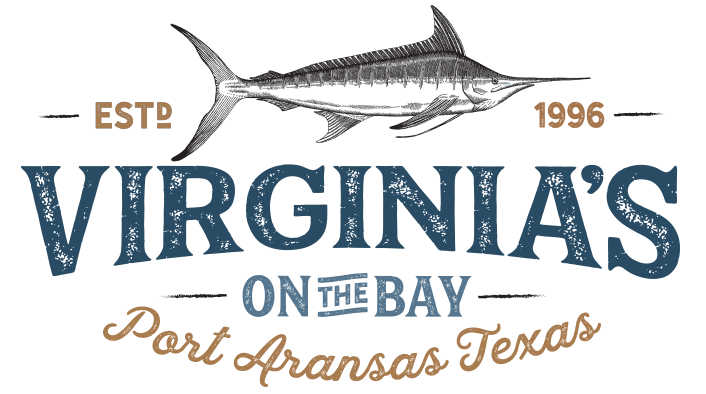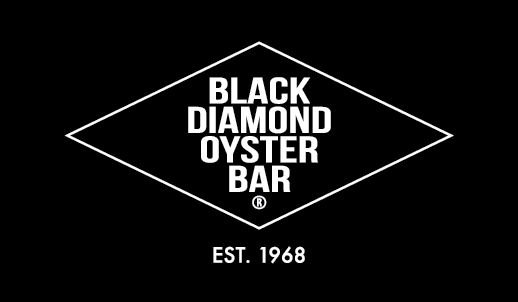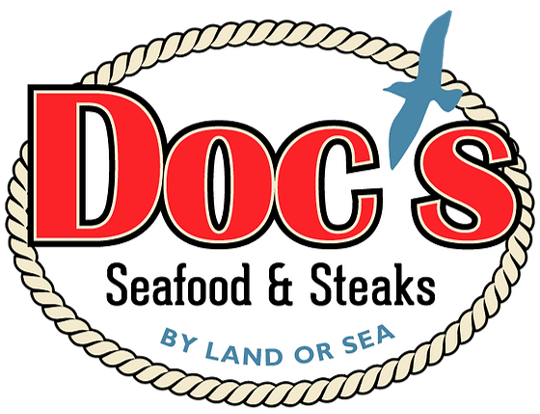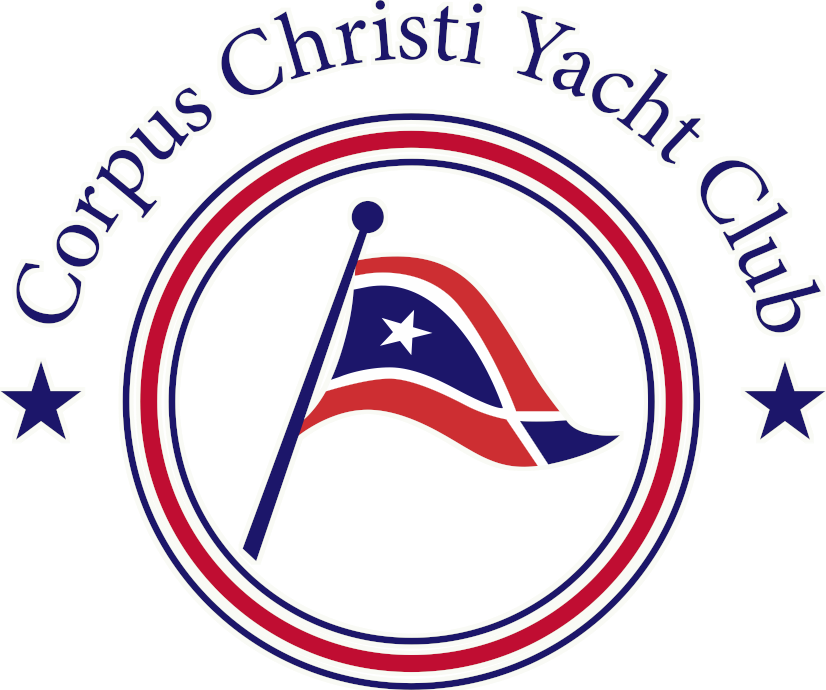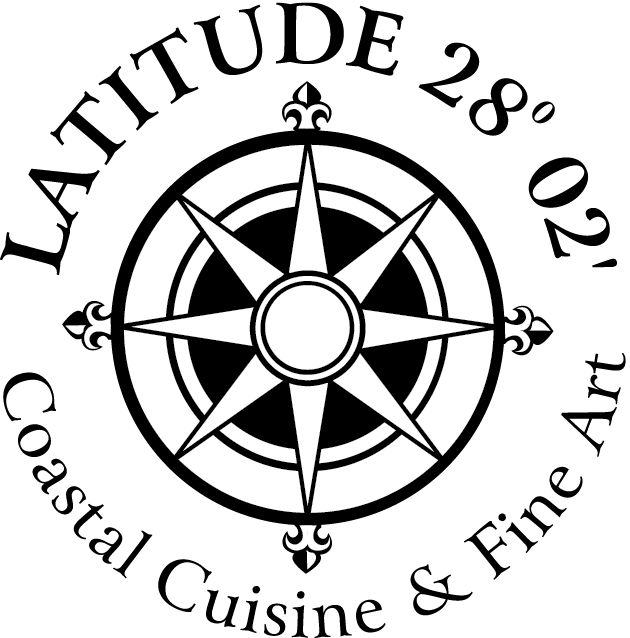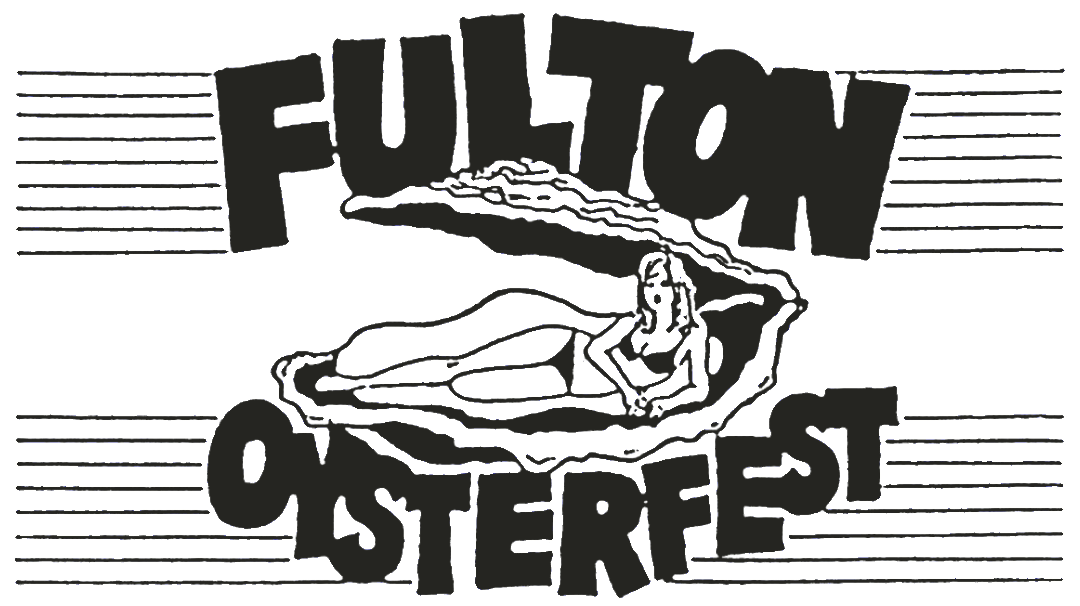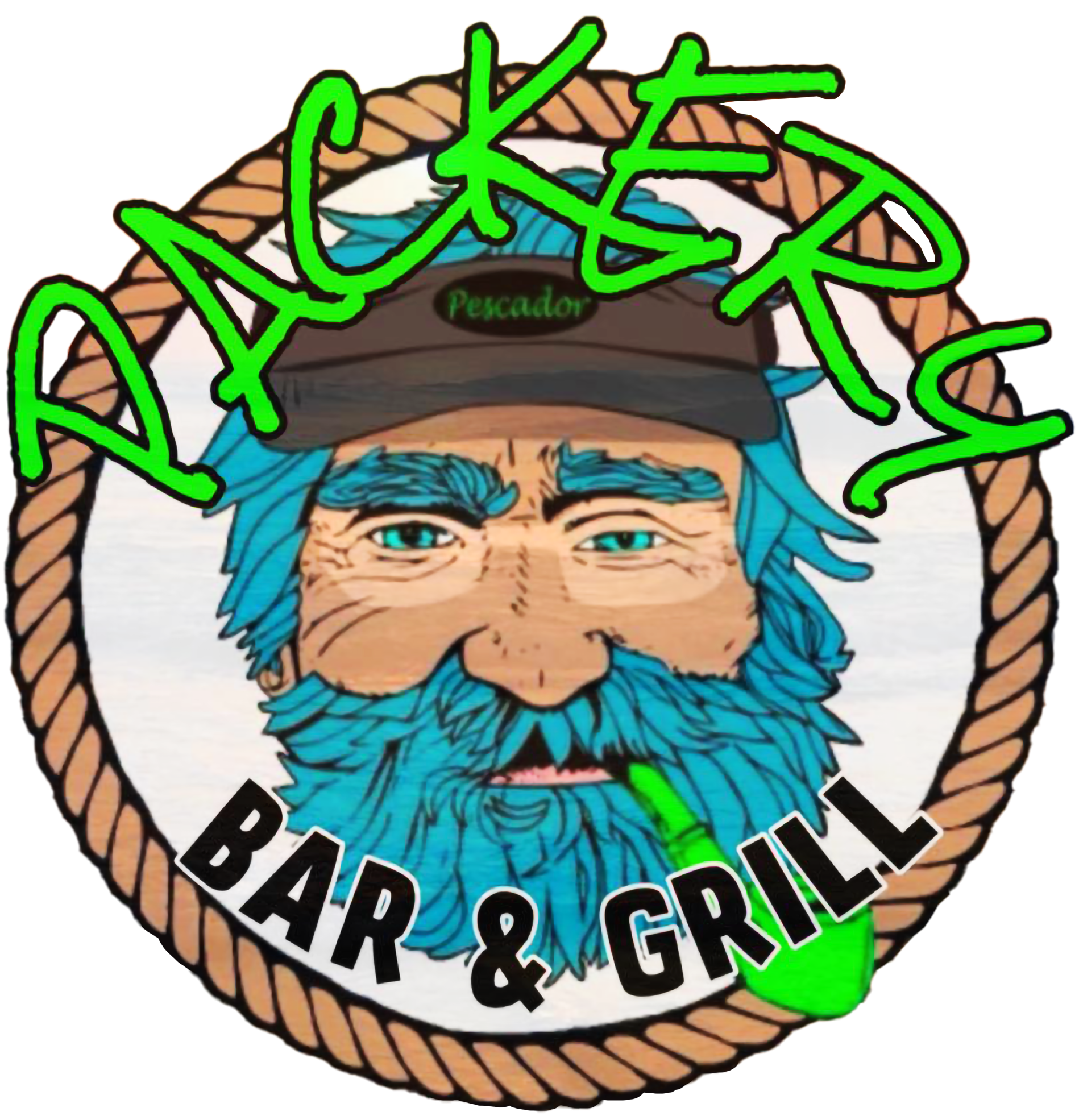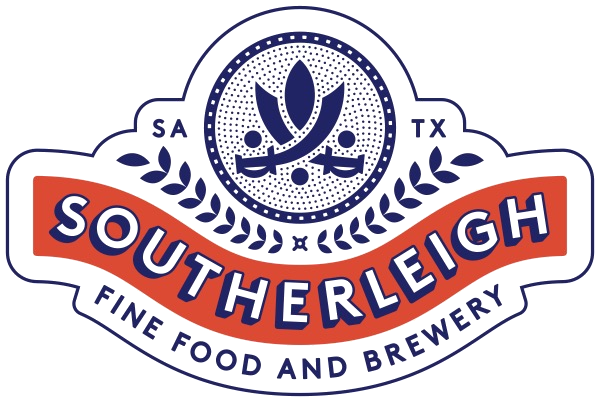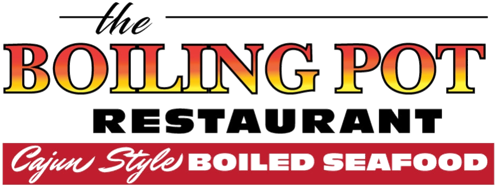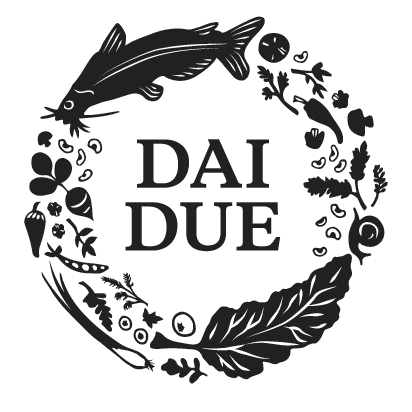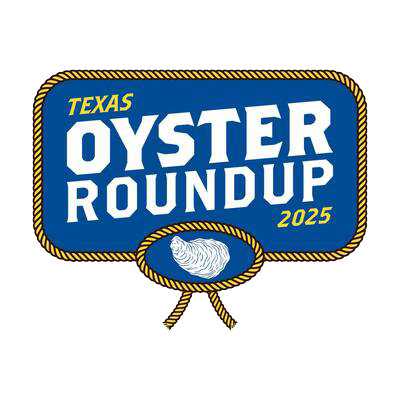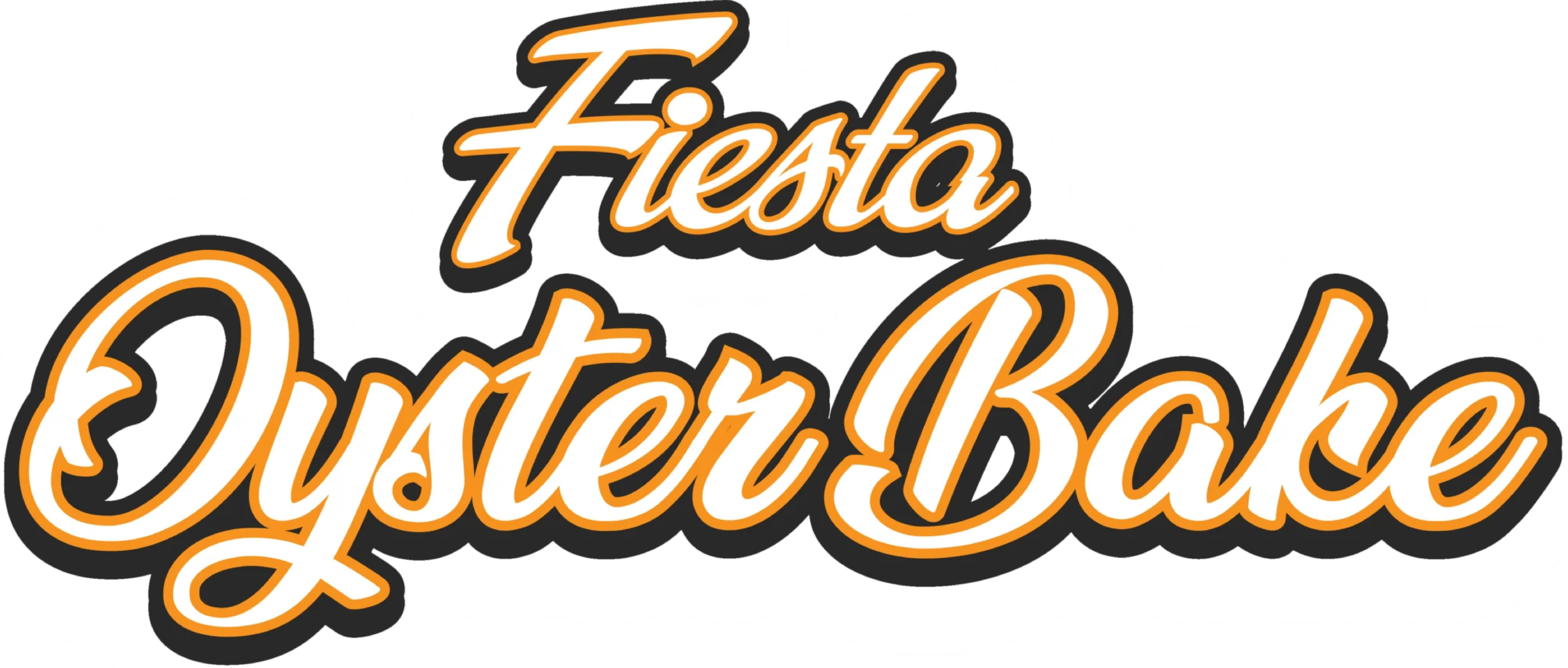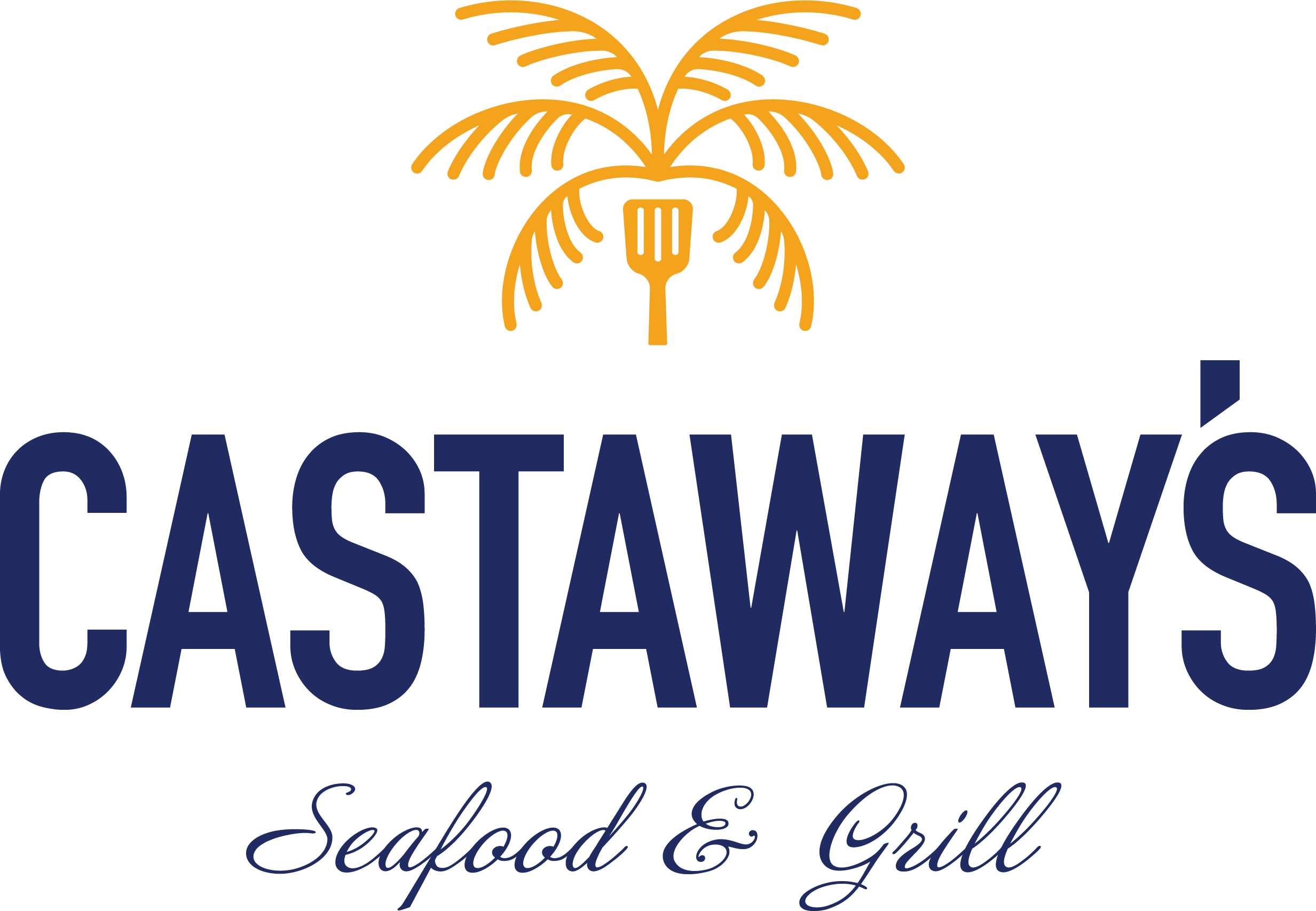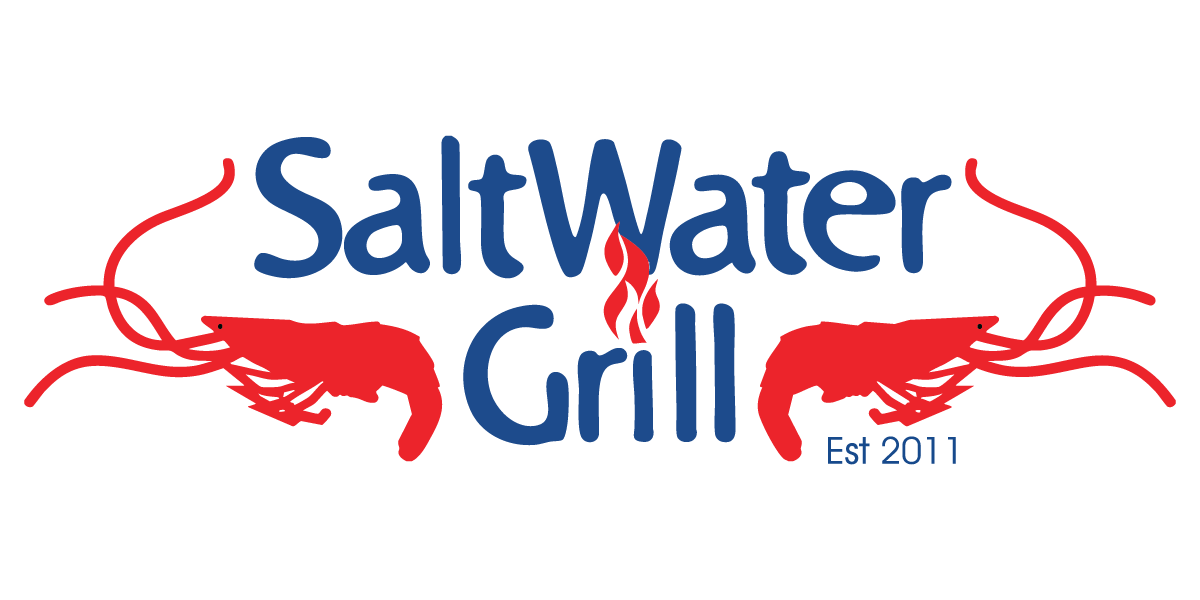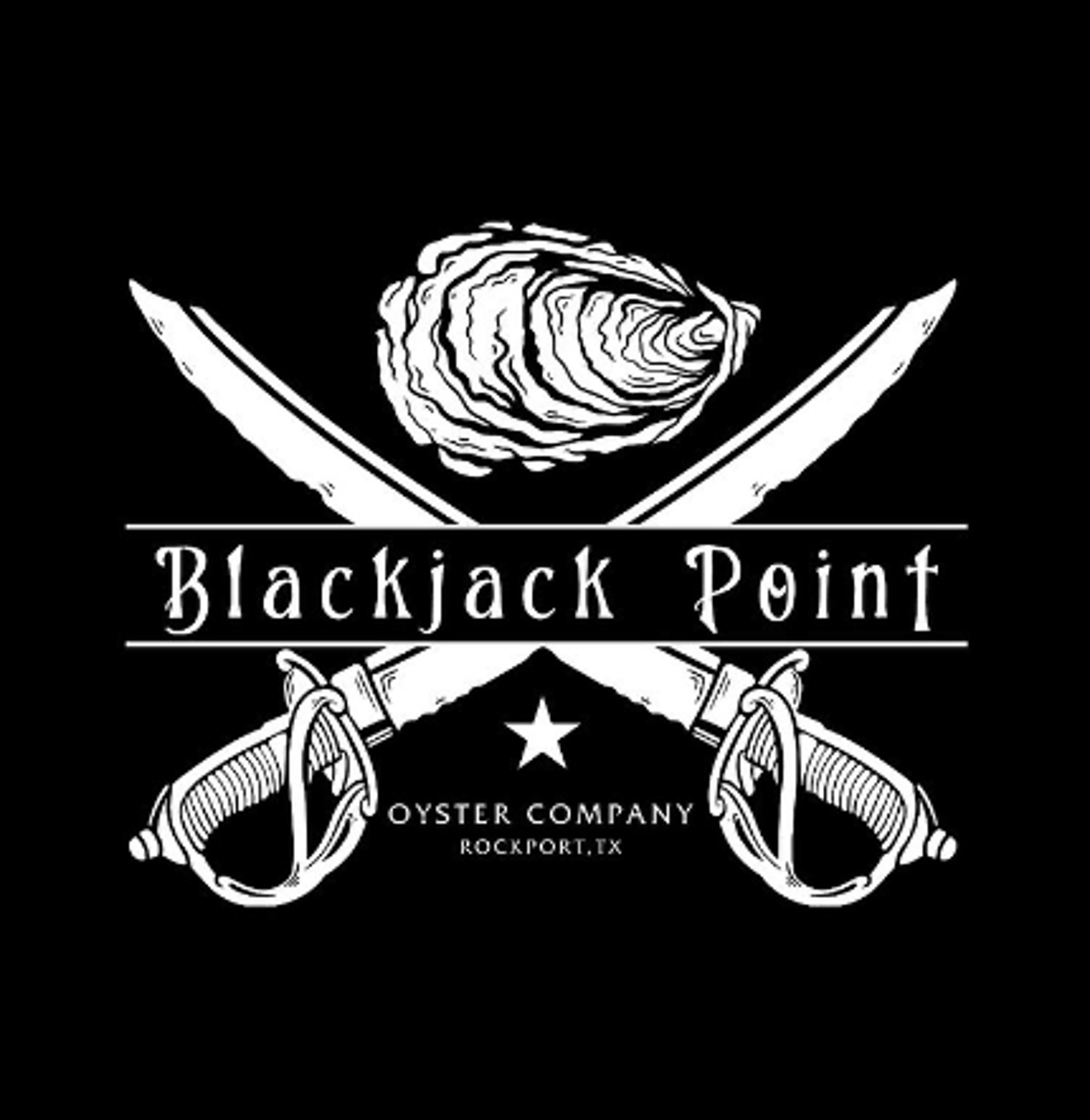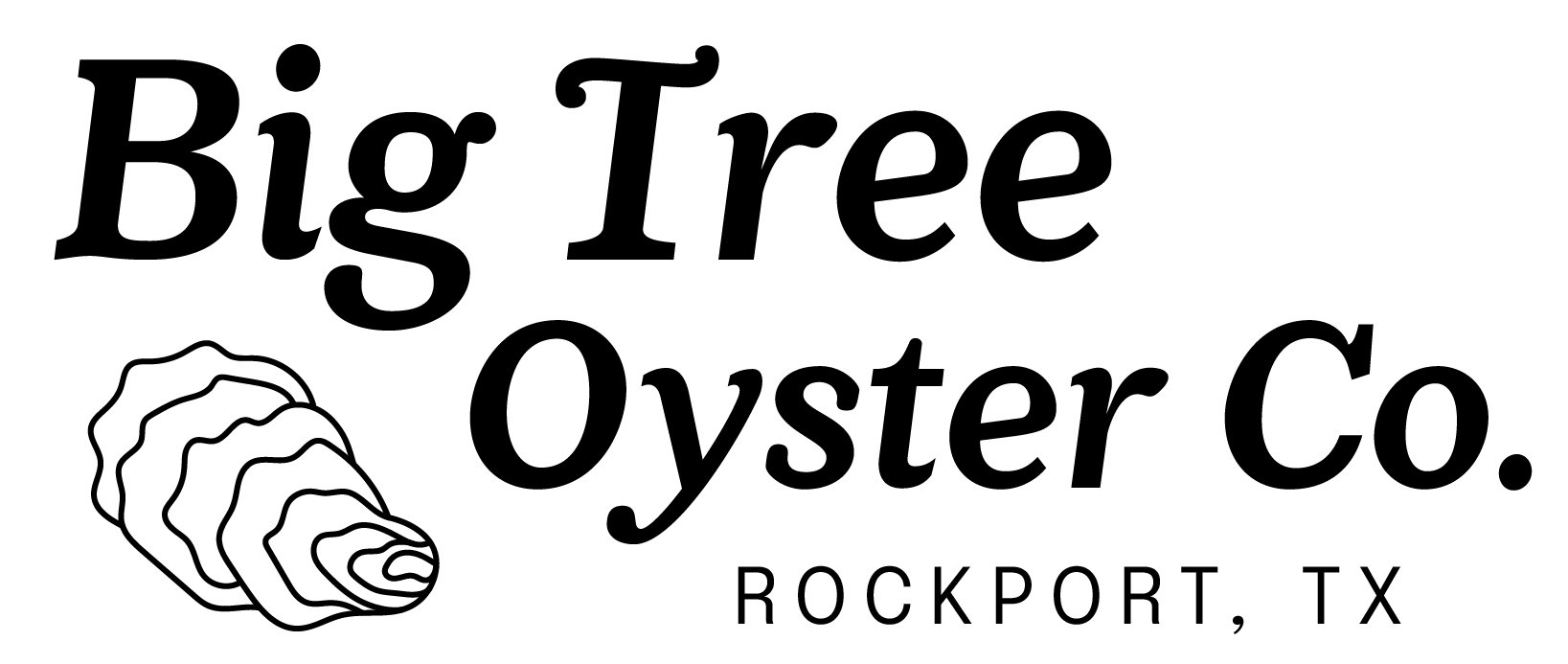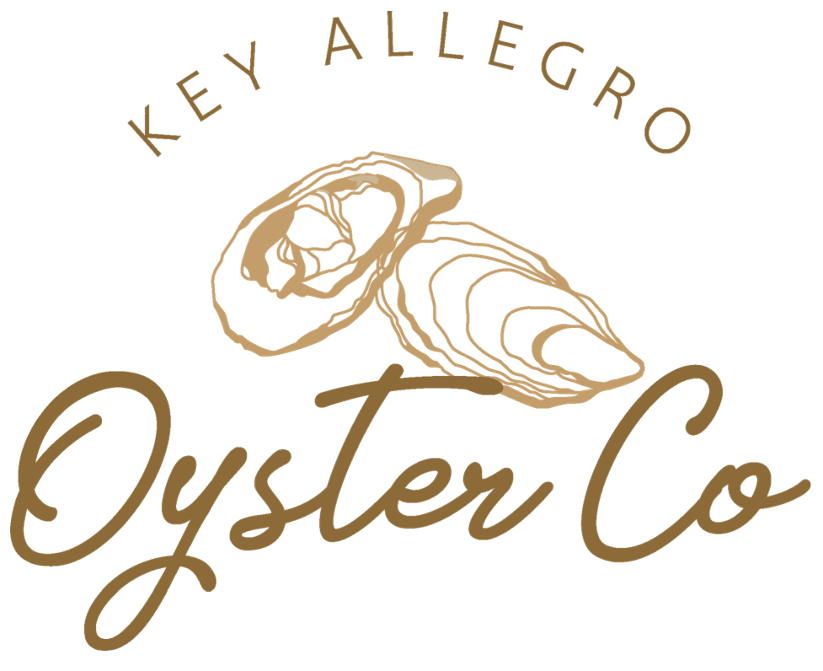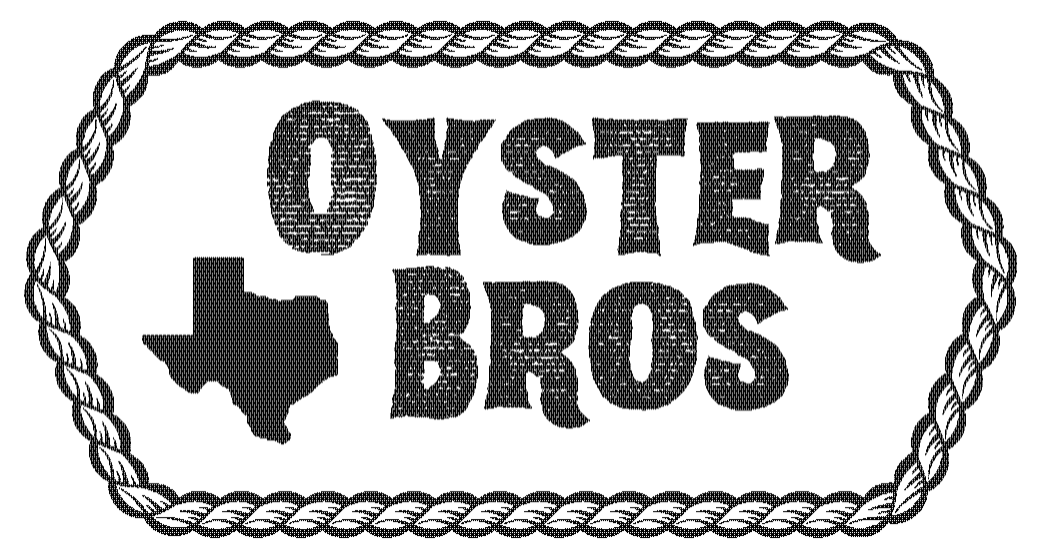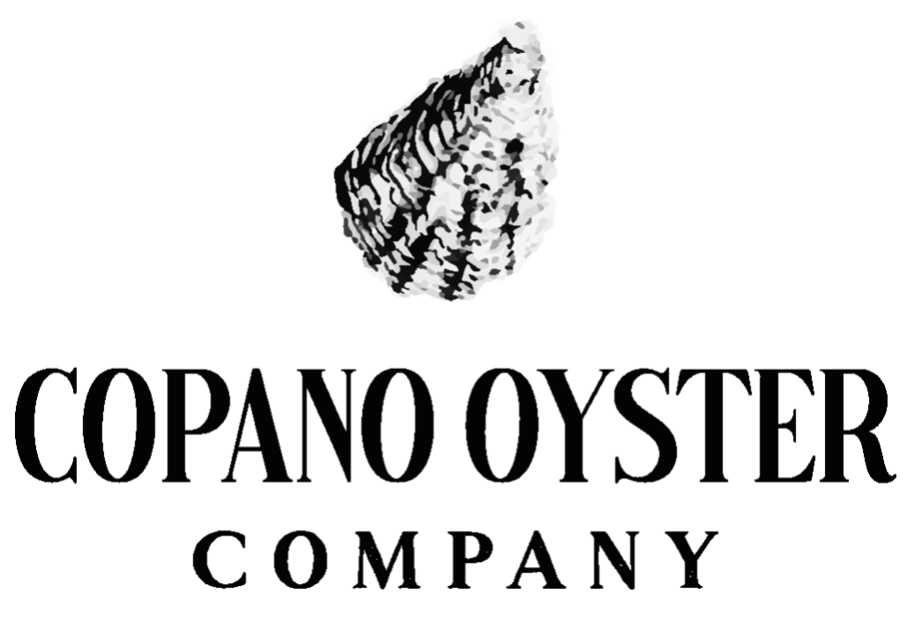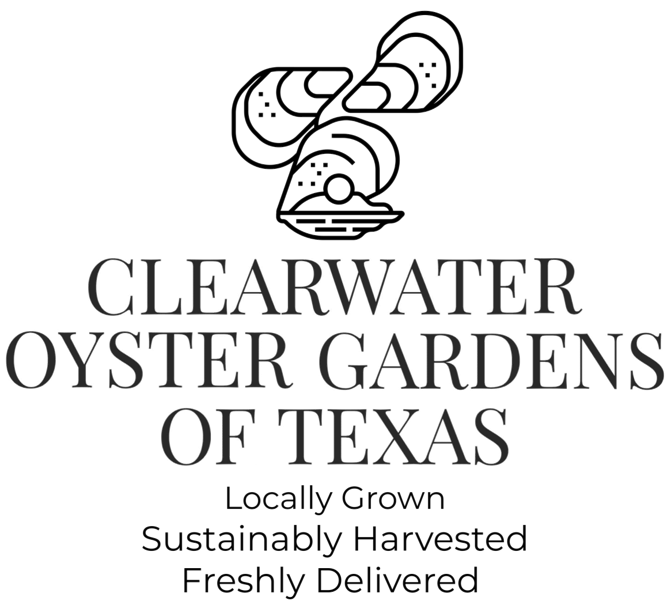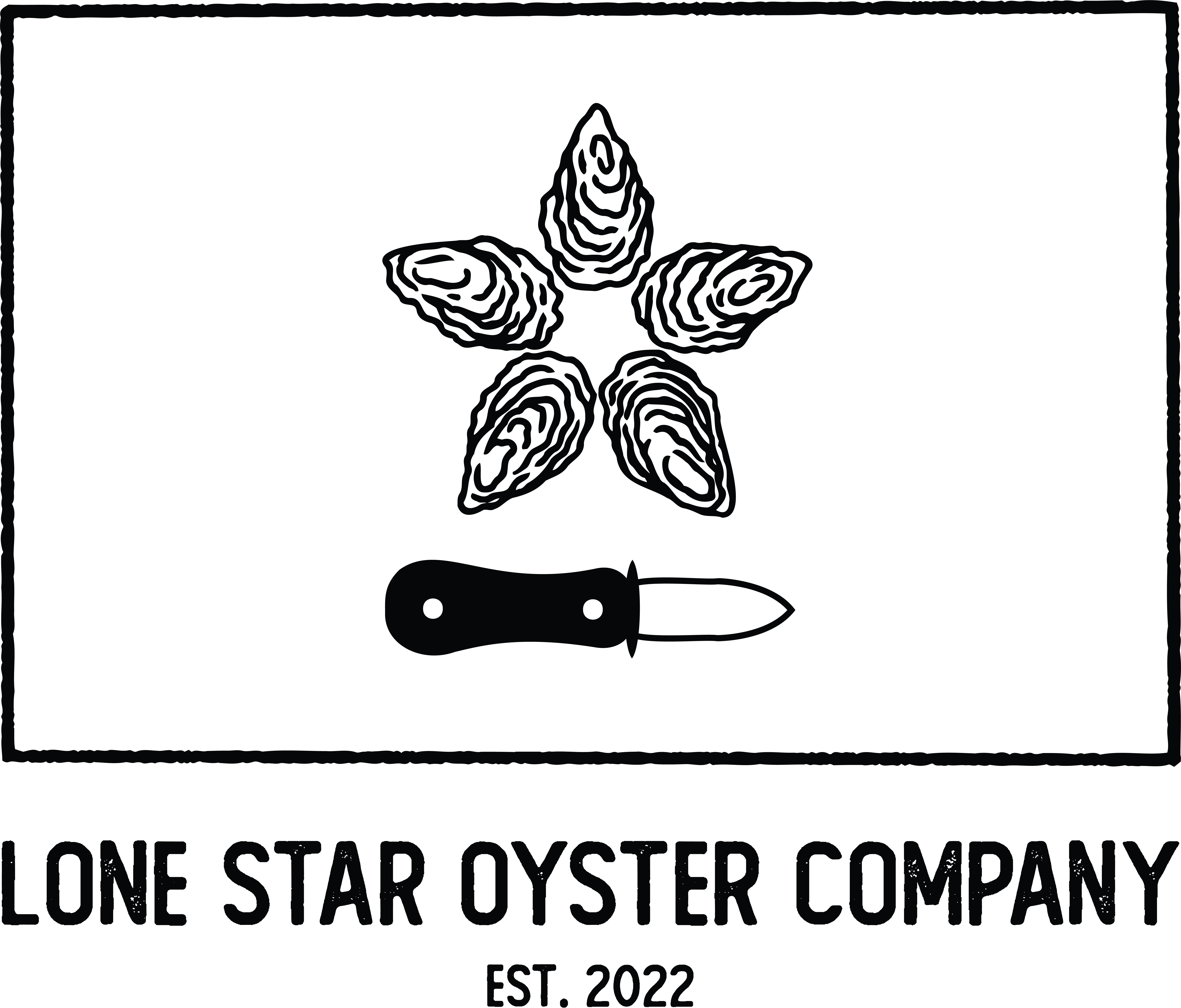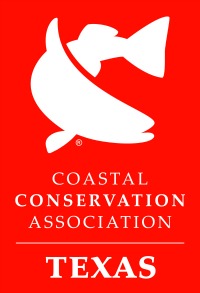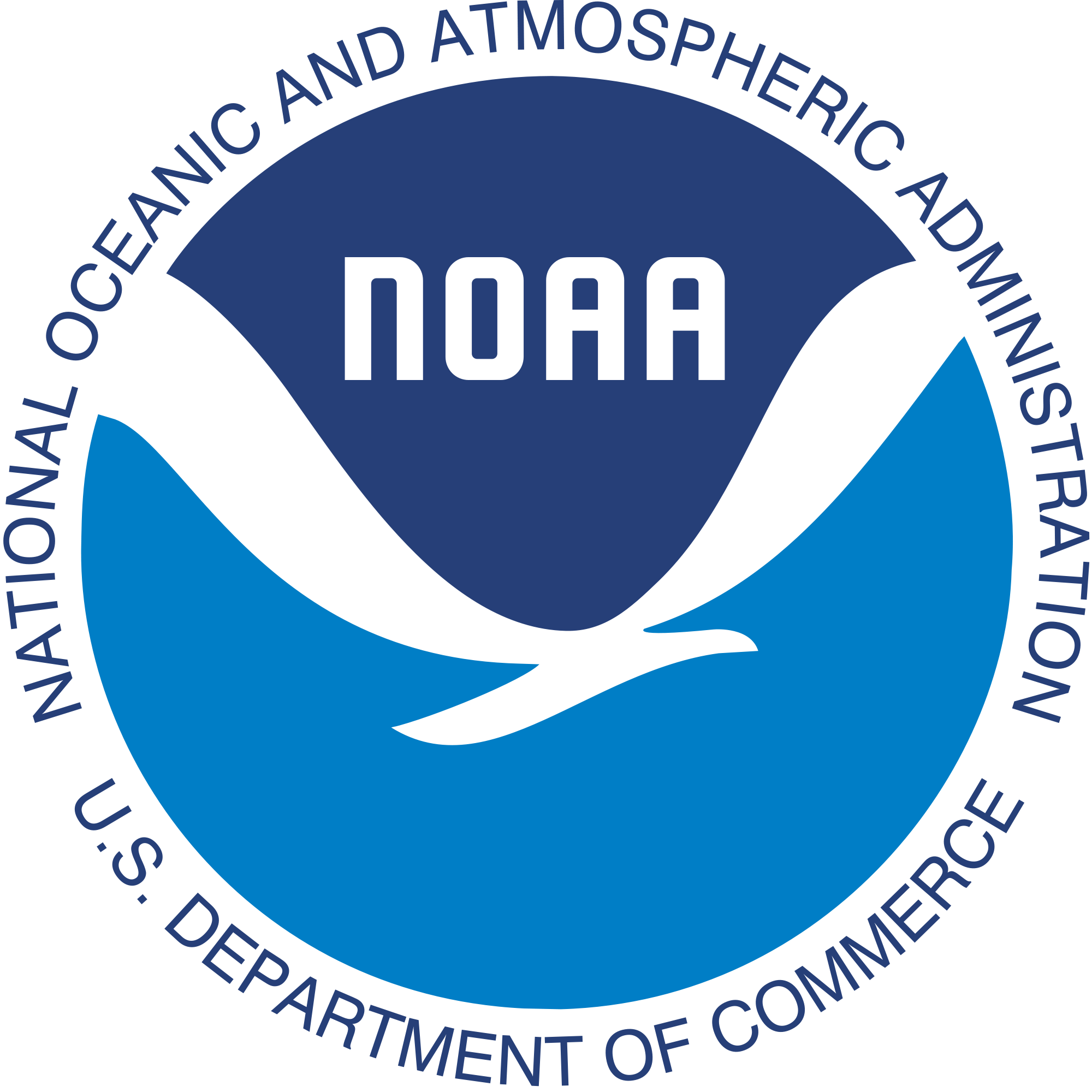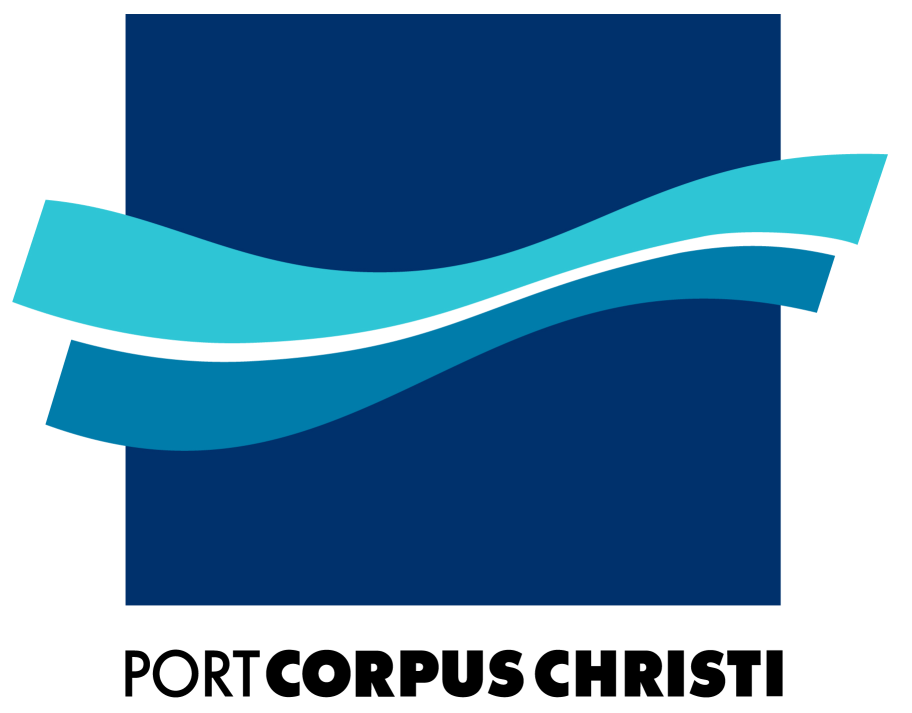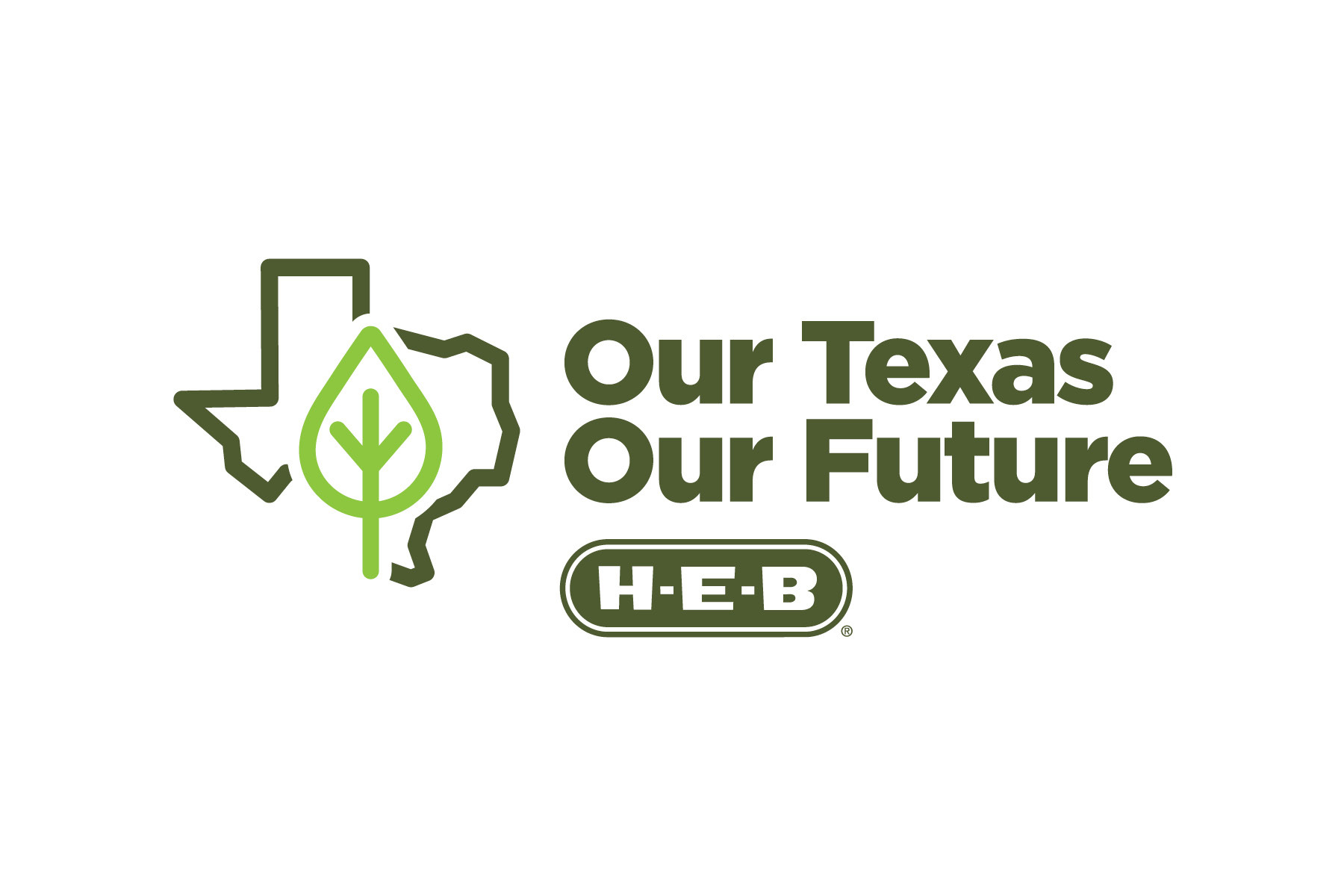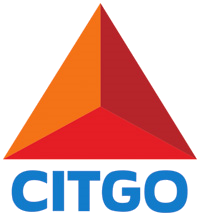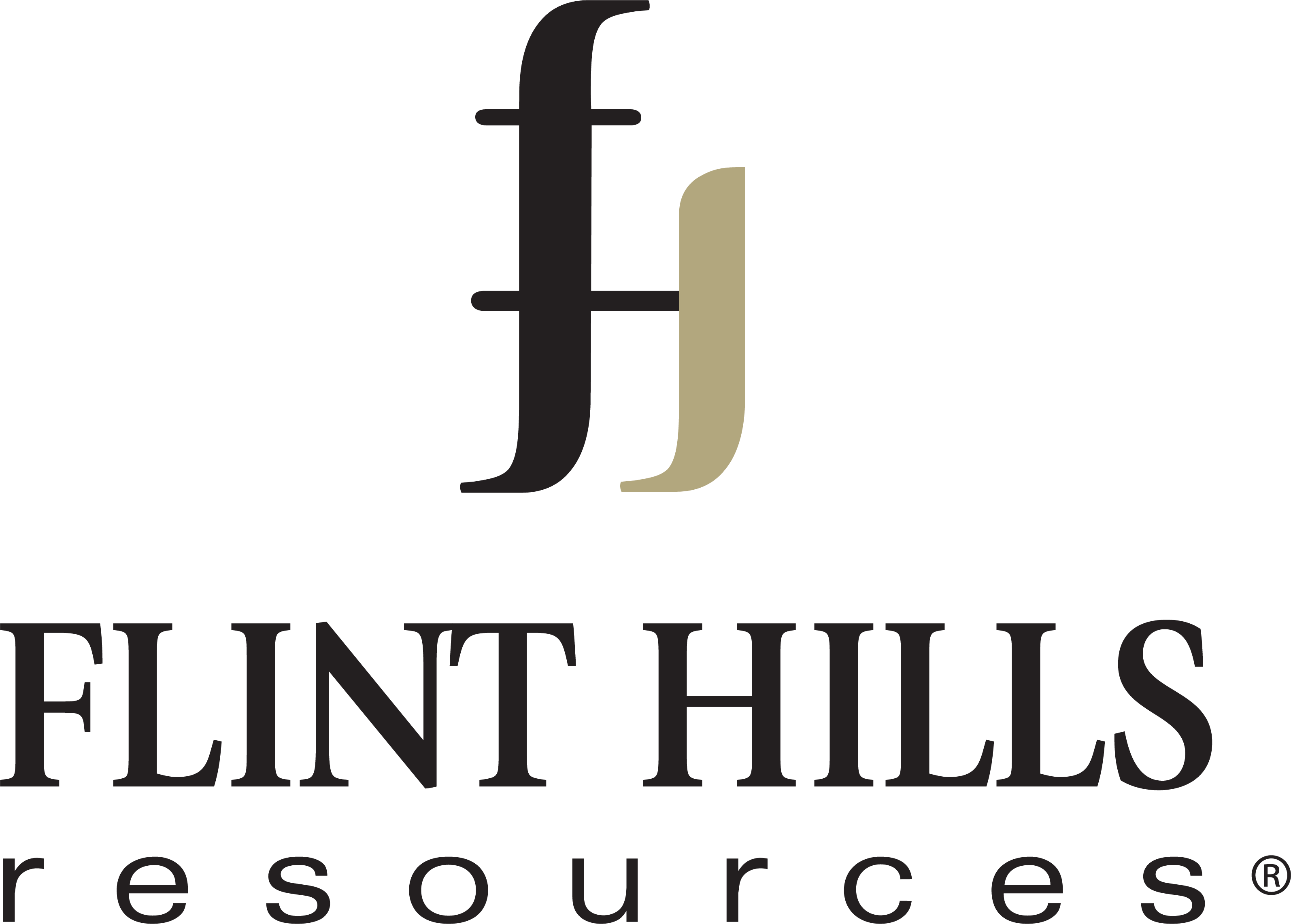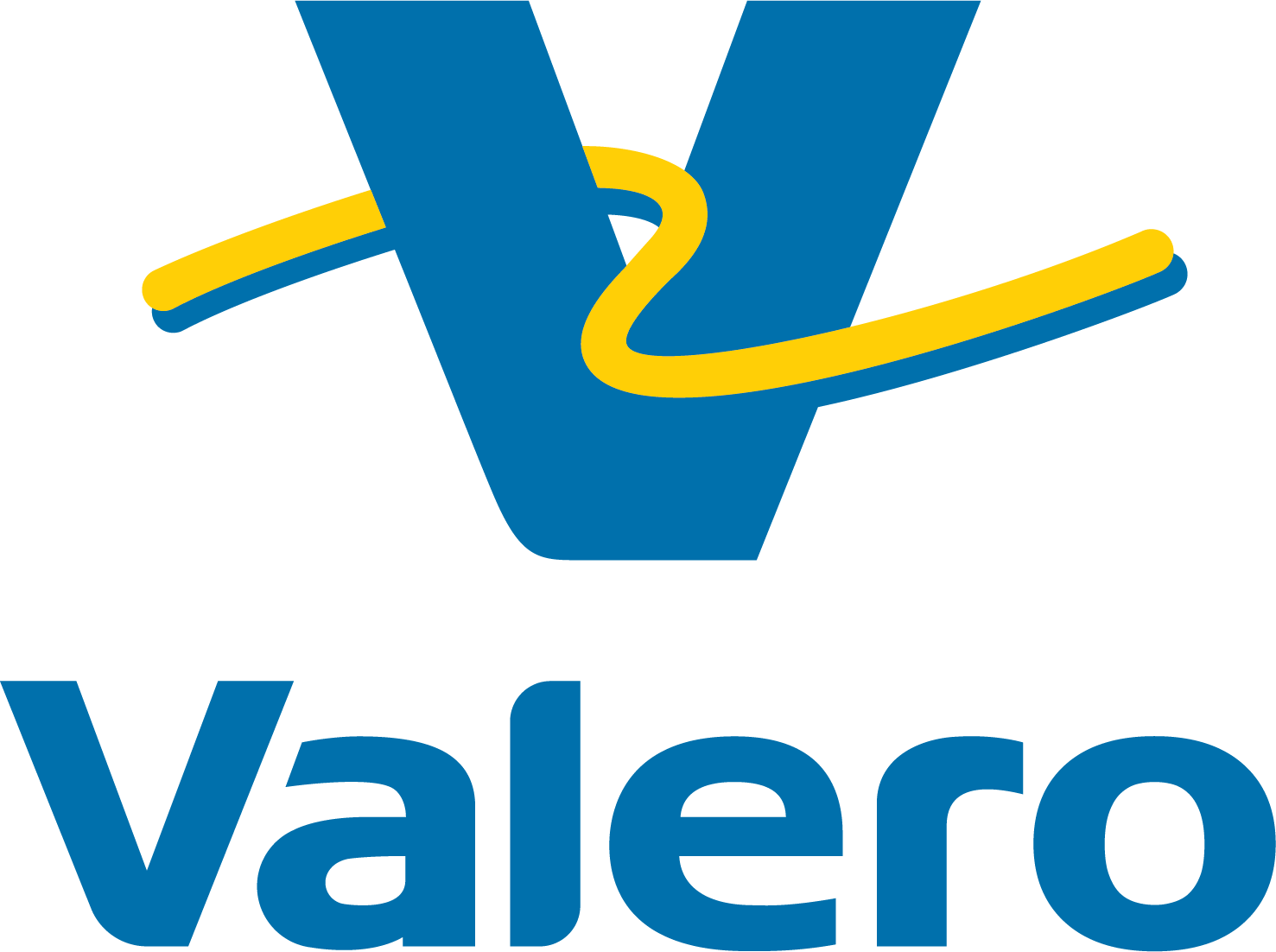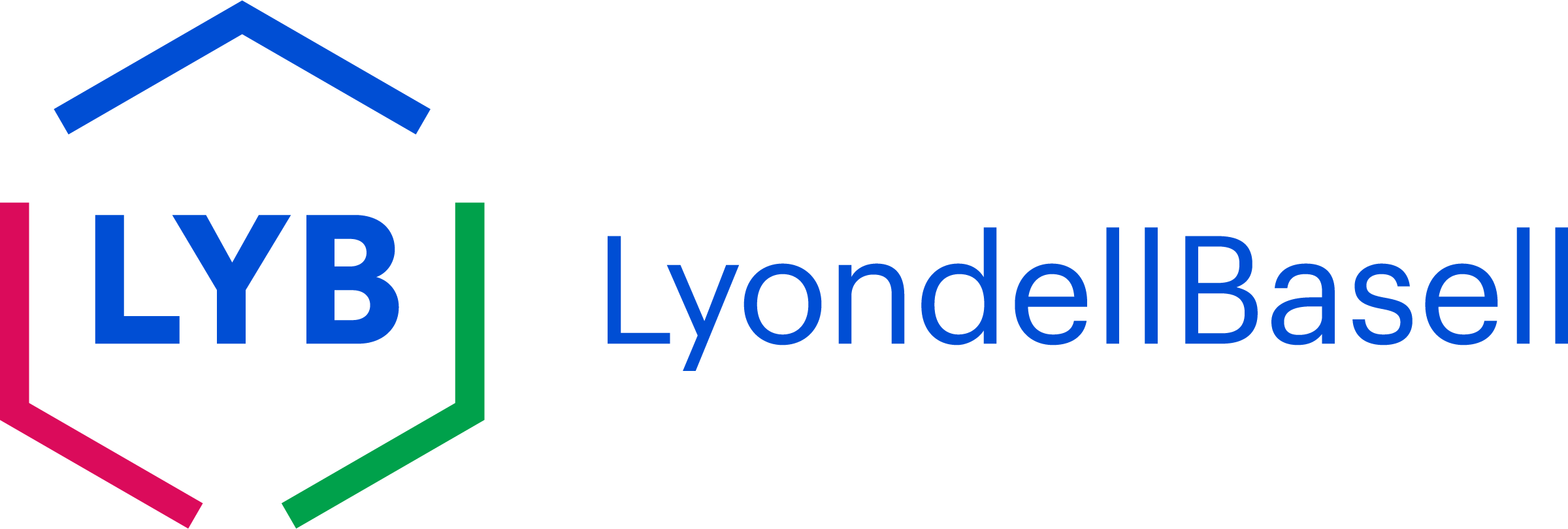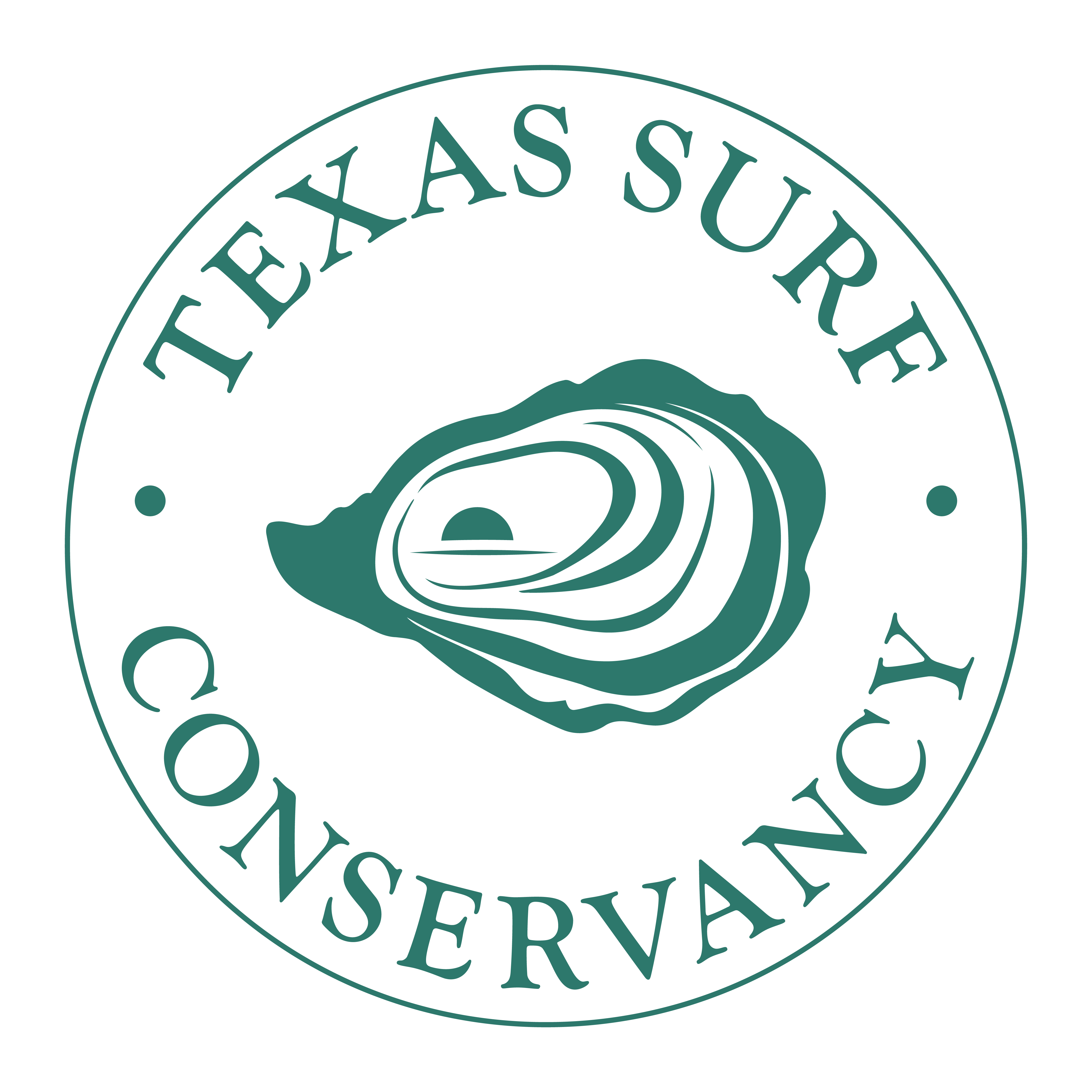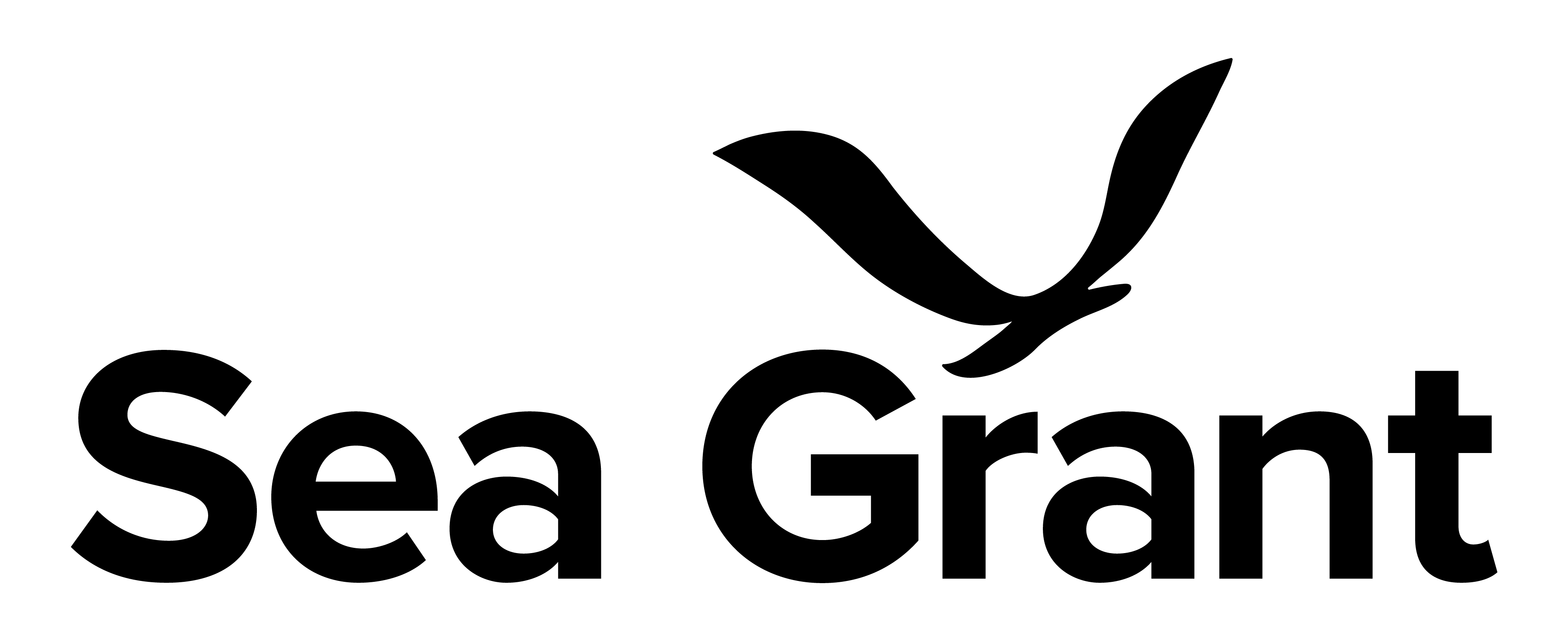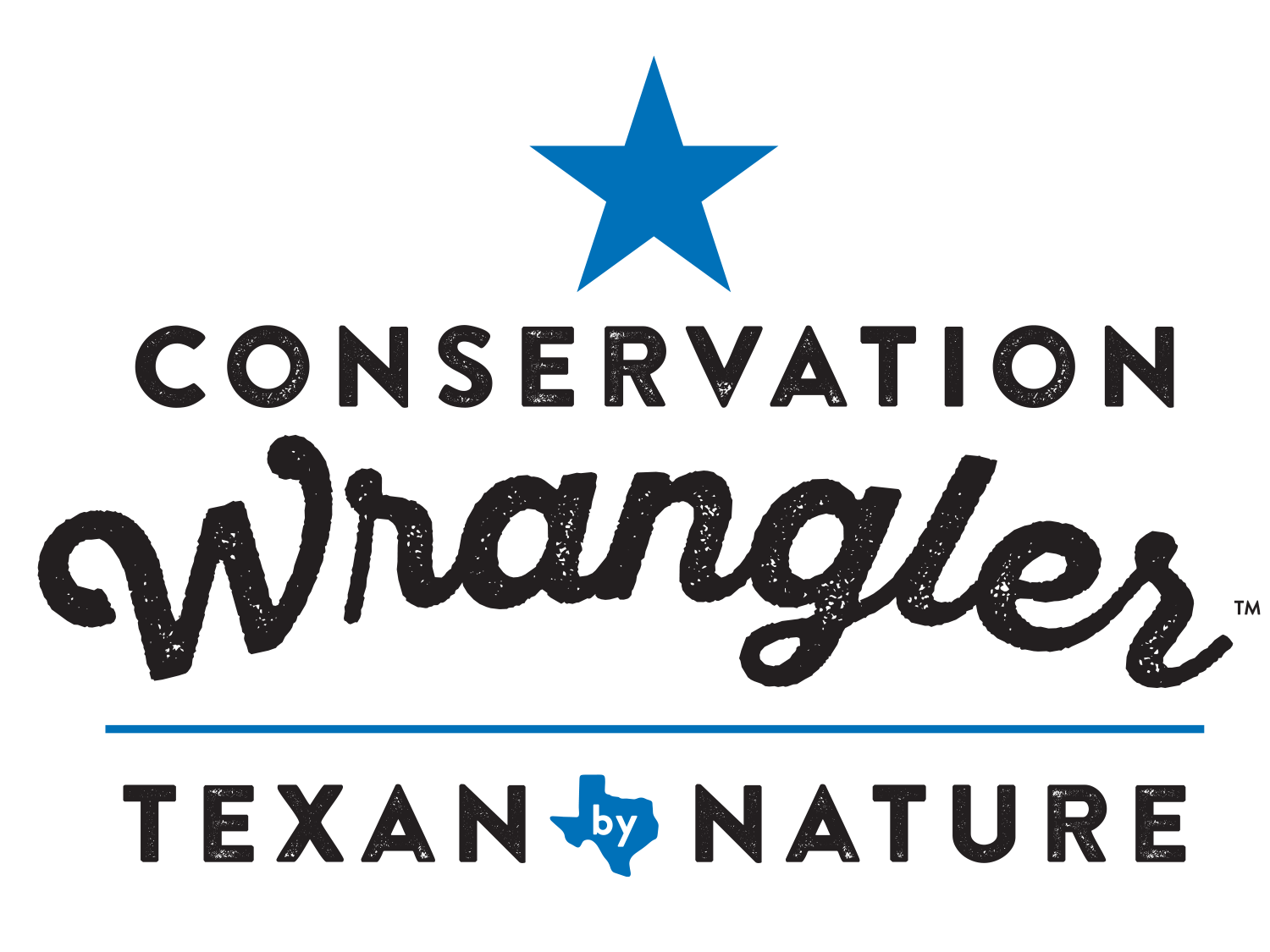
Sink Your Shucks™ is an oyster shell recycling program founded in 2009 by the Harte Research Institute (HRI) and led by the Coastal Conservation and Restoration lab. This initiative helped bring oyster shell recycling to Texas by reclaiming shells from local restaurants and oyster festivals and returning them to Texas bays. These reclaimed oyster shells provide vital substrate for spat (baby oysters) to attach and grow — helping to form new reefs and create habitat for fish, crabs, and other marine life.
Shells are collected from local restaurants and transported to a quarantine site at the Port of Corpus Christi. After curing for at least six months, the shells are ready to go back in the water. To date, over 3 million pounds of shell have been reclaimed, restoring more than 45 acres of oyster reef habitat across the Mission-Aransas Estuary, including Copano, Aransas, and St. Charles Bays in Texas. Each spring, community volunteers take part in restoration events to build the foundation of new reefs and living shorelines in St. Charles Bay, adjacent to Goose Island State Park. In addition to these community-driven projects, reclaimed shells are also used in larger-scale restorations — transported by barge and deployed into deeper bay waters to build less exposed subtidal reefs that regenerate more quickly and are protected from future harvesting.
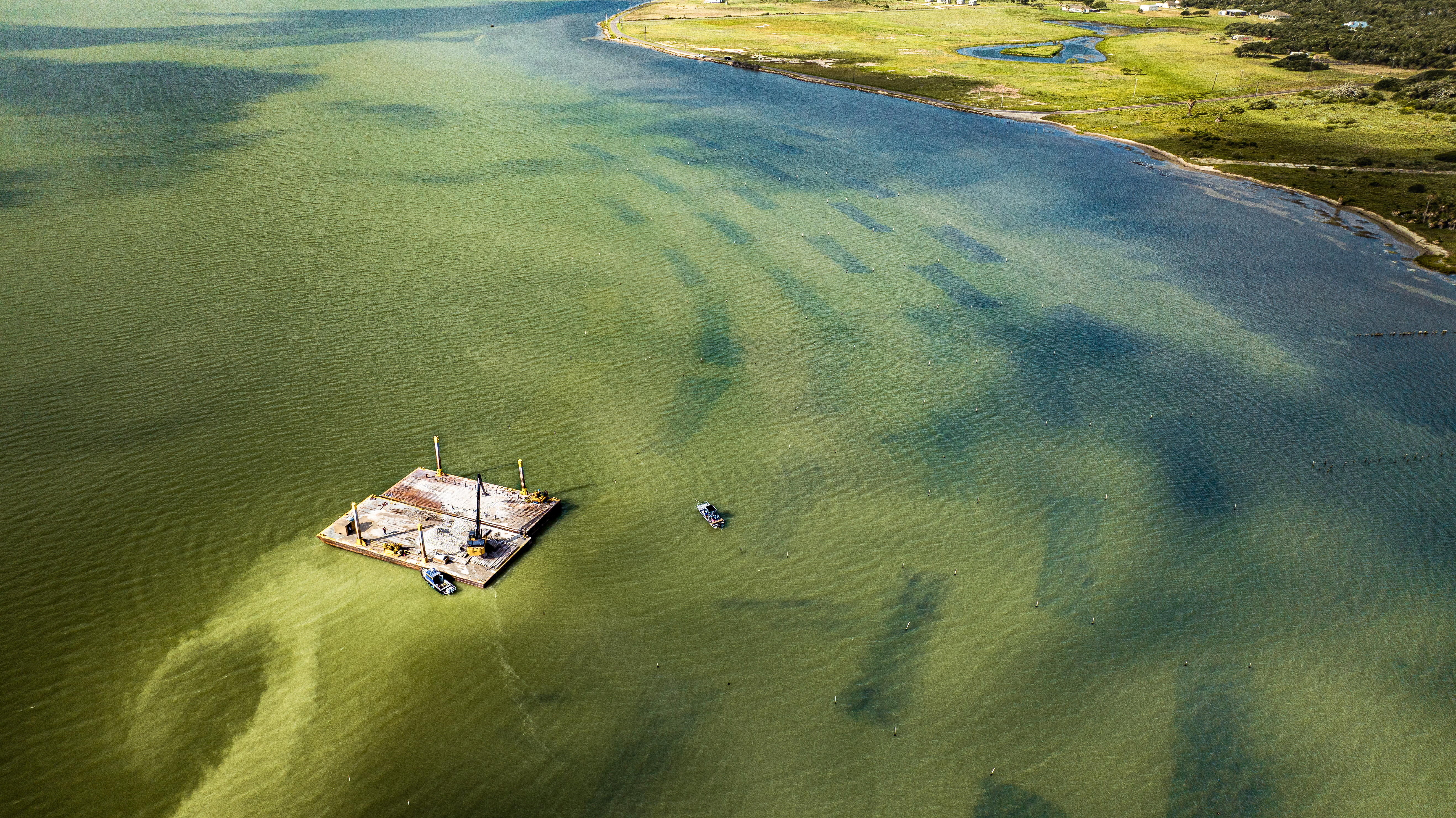
OYSTER FISHERY OVERVIEW
Oysters are an important ecological and economic resource. They create habitat for fish and shellfish, filter and clean bay waters, protect shorelines from erosion, and are a valued commercial fishery. Young oysters depend upon the hard shell substrate provided by reefs for attachment and growth.
Yet, although more than 2.6 million pounds of oysters were harvested from Texas bays in 2008 alone—the second largest commercial oyster harvest in the U.S.—no mechanism exists for shucked oyster shells to be returned to bay waters to maintain existing reefs and restore degraded habitats. Instead, after being harvested, shucked oysters, including large quantities created by restaurants, are typically thrown in the trash. This disposal of oyster shell in landfills disrupts the natural process of oyster reef growth and regeneration and deprives reefs of their most fundamental building blocks.
Thus, there is a critical need to develop an oyster shell recycling program to reclaim oyster shells from local restaurants and other sources of shell to use in oyster reef restoration, habitat enhancement and marine resource conservation projects. Successful reclamation of oyster shells and use of these shells in fisheries habitat restoration in Coastal Bend bays will provide new opportunities for marine resource conservation coast-wide in the state of Texas.
THE PROCESS
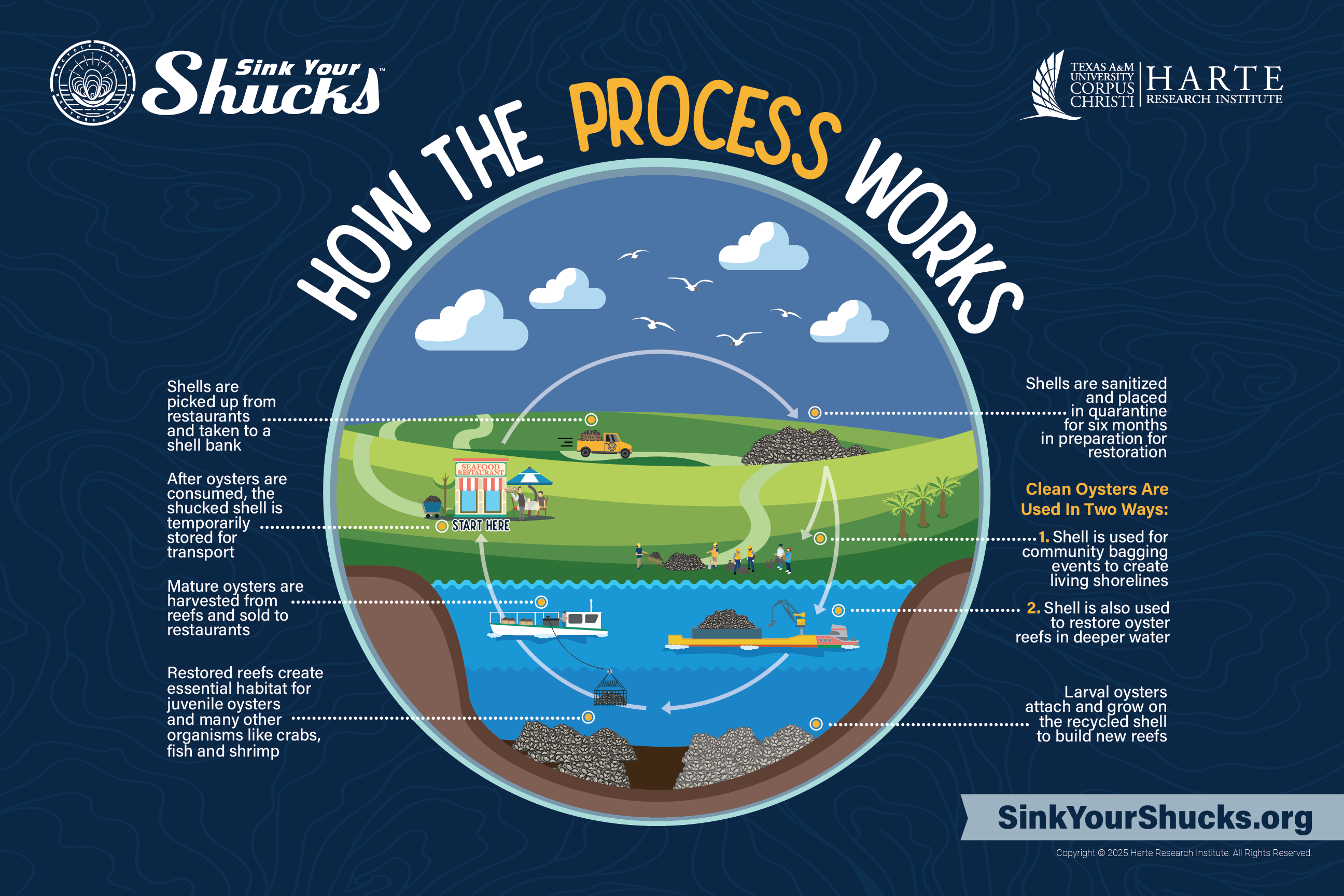
Oysters spawn from Spring through Fall, releasing sperm and eggs into bay waters. Young larval oysters have no shell. They swim freely for about 3 weeks and then seek a hard surface upon which to attach and begin building their shells.
Oysters prefer to settle on the shells of other oysters. However, as oysters are harvested, their associated shell habitat is removed.
Our oyster shell recycling program reclaims oyster shells, or “shucks”, from restaurants and seafood wholesalers so that they can be used in future oyster reef restoration projects. Without oyster shell recycling, this important coastal resource would be lost to the landfill, which disrupts the process of natural reef regeneration.
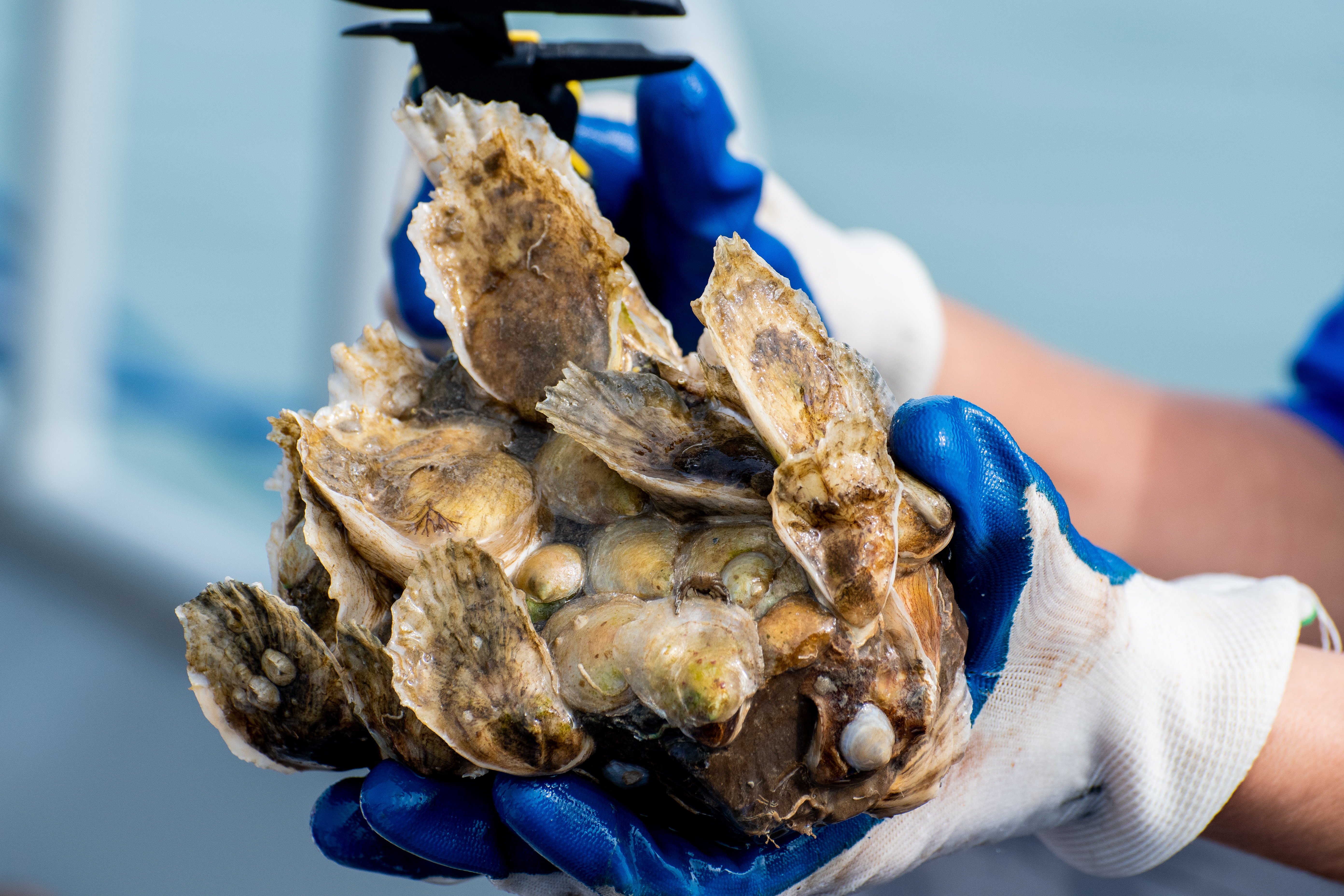
RESOURCES
Stay connected on social media for updates on participating restaurants, program highlights, and volunteer opportunities, and explore our YouTube videos to learn more about our work.
Our lab now uses 100% biodegradable materials instead of traditional plastic bags for restoration. Learn more about our ongoing efforts to evaluate and improve these alternatives.
See more on how our team is advancing oyster reef research and restoration along the Texas coast.
Visit the Coastal Conservation & Restoration Laboratory
View photos from our past community restoration events and more!
Teacher resources about oysters and oyster conservation
SAMMY’S CORNER
Partner Restaurants & Festivals
Our program begins with local businesses putting oysters on customers' plates and wouldn't be possible without their dedication to making a difference with their sustainability by donating shell for our restoration efforts. We cannot thank these area restaurants enough for their cooperation!
If you are a restaurant or festival interested in partnering with our program, please reach out to us at stephanie.tierce@tamucc.edu!
Partner Oyster Farms
Texas was the last coastal state to approve oyster farming, and shortly after the legislation was passed in 2019, this new industry is booming along the Texas coast. We are excited to start partnering with area oyster farmers to collect their culled and discarded shell. In the near future, some of these farms may serve as community collection points for citizens to drop off their own household shell too, stay tuned!
Supporters
Our supporters make restoration possible. Their generous contributions help us return oyster shells to our bays and build a healthier coast. We’re grateful for their continued commitment.
All logos, illustrations, and designs related to the Sink Your ShucksTM oyster recycling program are copyright of the Harte Research Institute and are not to be reproduced without written permission.

